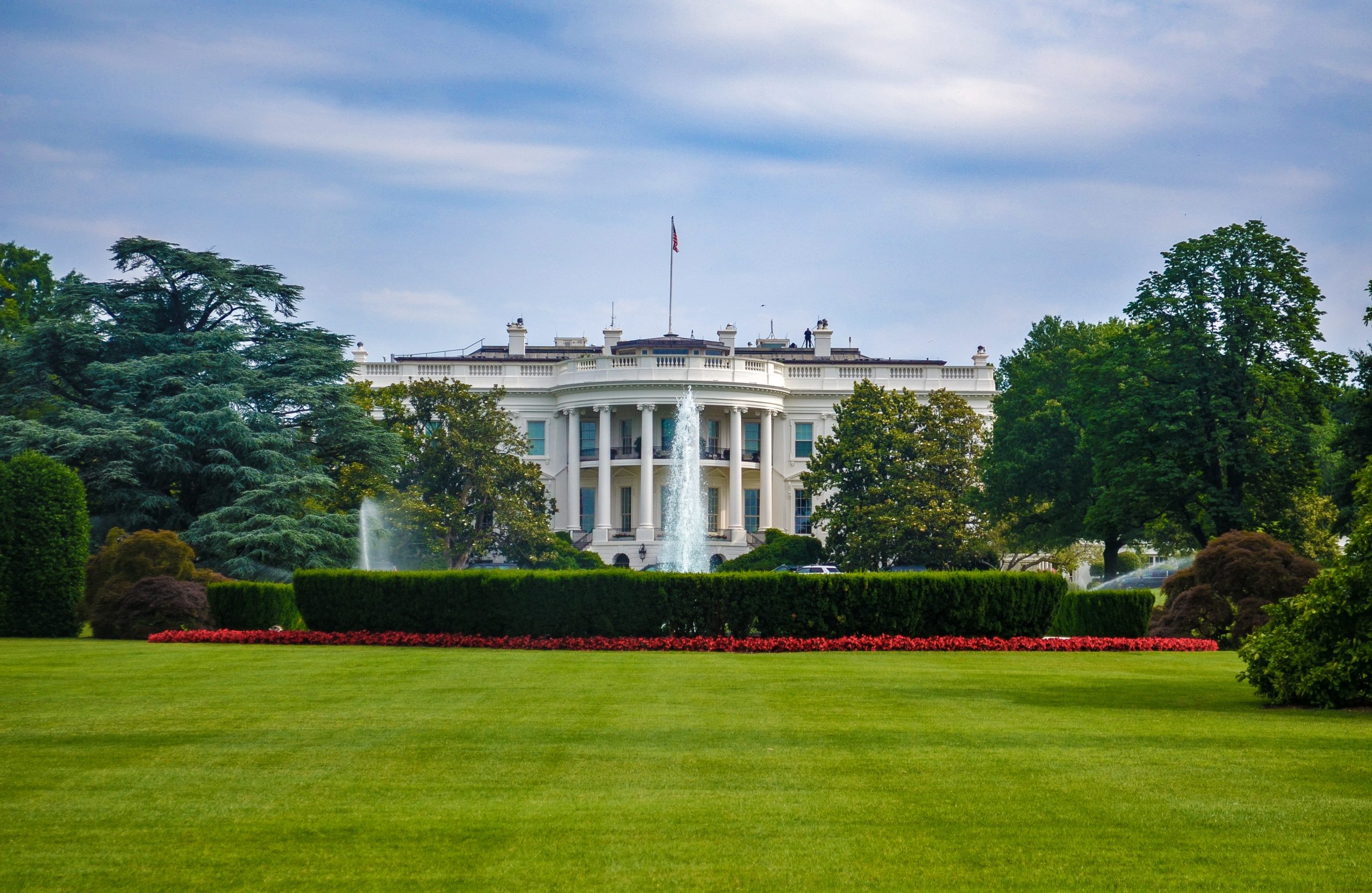When asked to describe higher education policy in a Biden administration, Terry Hartle, Senior Vice President at the American Council on Education, suggested, “We’ll be looking at a once-in-a-generation effort to invest in America’s students and workers.” Higher education officials and policymakers alike are expressing hope that under the Biden administration there will be new resources for higher education students and institutions, making higher education a pathway to economic and social success for a greater and more diverse number of students.
The environment in which any new or revised policies will play out is complicated, however. Historically, higher education policy would be shaped through the Higher Education Act (HEA), the massive piece of legislation that authorizes Pell grants and other federal student financial aid legislation. That legislation should be reauthorized every ten years, but reauthorization has languished for close to a decade as Congress ground to a halt amidst partisan squabbling.
With no HEA reauthorization in sight, higher education policymakers are often forced to rely upon either Department of Education regulatory authority or executive orders and other actions by the president. And although the exact nature of how higher education policy will shape up and be implemented in the Biden administration is unclear, one thing is certain—equity will be front and center in Biden’s higher education policy. As President Biden explained on January 27, 2021: “Just imagine how much more creative and innovative we’d be if this nation held the historically Black colleges and universities to the same opportunities, and minority serving institutions had the same funding and resources of public universities to compete for jobs in industries of the future.”
President Biden’s higher education campaign promises
We have some indication of what President Biden’s higher education priorities will be by looking at the higher education plan he released during the campaign which revolves around three core areas:
- Invest in community colleges and training to improve student success and grow a stronger, more prosperous, and more inclusive middle class, including free community college.
- Strengthen colleges as the reliable pathway to the middle class, not an investment that provides limited returns and leaves graduates with mountains of debt they can’t afford, including some form of student loan forgiveness.
- Support colleges and universities that play unique and vital roles in their communities, including Historically Black Colleges and Universities (HBCUs) and Minority-Serving Institutions (MSIs).
Given Dr. Jill Biden’s role as a community college professor, the importance of community colleges should be no surprise. In fact, under the Biden higher education plan, community colleges would be one of the biggest winners. Also standing to gain are HBCUs and MSIs, signaling the influence of Vice President Kamala Harris, an HBCU graduate.
Perhaps the billion dollar question is how realistic are any of the President’s plans. Any investment is unlikely to come easily in a divided Senate and will force the President and his appointees to focus on the use of executive actions and Department of Education regulations.
This reliance on executive actions and regulations will severely limit the ability to pass more controversial and expensive programs and instead focus on smaller, more bipartisan initiatives such as increase Pell grants or perhaps targeted student debt alleviation such as expanding the current public loan forgiveness program.
Executive orders and administrative actions
Since President Theodore Roosevelt, presidents have, to some extent, relied on executive orders rather than legislative action to enact public policy. And although such action is one way to move past a deadlocked Congress, executive orders can easily be reversed with a stroke of the pen as both presidents Trump and Biden have now shown.
President Biden has already taken several executive actions that will directly impact higher education, including several on his first two days in office.
This order directs all federal agencies to consider whether or not their policies perpetuate systemic racism. Included in this executive order is the revocation of President Trump’s Executive Order 13950 which barred federal grantees and contractors from engaging in diversity training. Additionally, it directs agencies to disaggregate federal datasets by a number of key demographic variables.
Preserving and Fortifying Action for Childhood Arrivals (DACA), January 20, 2021
This order restores Obama era DACA protections which will impact millions of potential higher education students including ensuring that such students are eligible for coronavirus relief.
This order requires all federal agencies to audit existing policies to ensure that they are in compliance with the 2020 Supreme Court case Bostock vs. Clayton County, protecting employees against discrimination because of their sexual orientation or gender identity. It also effectively reaffirms the importance of Title IX and the inclusion of protections on the basis of gender identity and sexual orientation.
Extension of Moratorium on Student Loan Repayment, January 20, 2021
Upon extending the moratorium on student loan repayment through September 30, 2021, President Biden proclaimed, “Borrowers of all ages are often faced with a tough trade-off between making their student loan payments, investing in their long-term financial future, or paying their bills. The pandemic has only increased the economic hardship of the millions of Americans who have student debt.”
Although focused on K-12 education, this order also requires the Department of Education and the Centers for Disease Control to provide guidance on campus reopening, requires the equitable distribution of testing supplies, establishes the creation of a clearinghouse for reopening best practices, and affirms the importance of online education. Additionally, the Department of Education is ordered to provide technical assistance for online education and the Federal Communications Commission is ordered to help extend broadband access.
Political appointments and higher education
Although it is still too early to see the exact shape of the Department of Education’s postsecondary education agenda, the initial political appointments indicate that equity will also be at the center of the Department’s regulatory work.
Earlier this month, President Biden’s Secretary of Education nominee, Dr. Miguel Cardona, underwent his confirmation hearing in front of the Senate’s Health, Education, Labor, and Pensions (HELP) Committee. Like most Education Secretaries, Dr. Cardona will come to the job with a background in K-12 education. Even though higher education is not his specialty, he has expressed support for student loan forgiveness, advocates dual credit as a means of improving educational access, and, as a first generation college graduate, has a strong commitment to making higher education more affordable for students and their families.
Several other initial political appointments also indicate that student equity, college affordability, and consumer protection will be priorities in a Biden administration’s Department of Education.
Of particular note is the appointment of Dr. Michelle Asha Cooper, a longtime advocate for educational equity and president of the Institute for Higher Education Policy, as deputy assistant secretary for postsecondary education. Dr. Cooper will also serve as the acting assistant secretary for postsecondary education and will be responsible for running day-to-day higher education operations.
Also of note are the appointments of Julie Margetta Morgan, former senior education counsel for Senator Elizabeth Warren; Melanie Muenzer, former associate vice president and vice provost for academic initiatives at the University of Oregon; Joanna Darcus, a staff attorney at the National Consumer Law Center; and Tariq Habash, head of investigations at the Student Borrower Protection Center. All of these appointments underscore the importance that student equity, college affordability, and student borrower protection are likely to play in the new Department of Education.
We are still extraordinarily early in the Biden administration, and there is little certainty surrounding higher education policy outside of the centrality of equity and access for the new administration. As we move forward there are several excellent sources that you can monitor to keep abreast of federal higher education policy.



